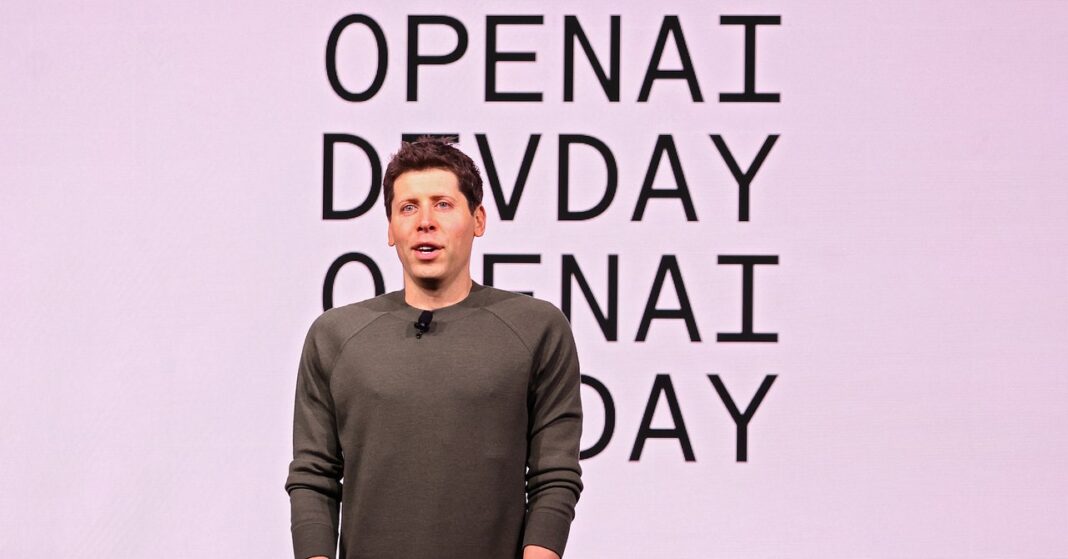In Short:
Condé Nast and OpenAI have made a long-term agreement allowing OpenAI to use content from popular brands like Vogue and The New Yorker in its AI products, including ChatGPT. CEO Roger Lynch emphasized the importance of attribution and compensation, amid challenges in the publishing industry. Concerns remain among union members about the deal’s impact on journalism jobs. More digital publishers are teaming up with AI companies to adapt to changing technologies.
Condé Nast and OpenAI have finalized a multi-year agreement that permits the AI company to utilize content from the esteemed media conglomerate’s extensive portfolio, which features publications such as The New Yorker, Vogue, Vanity Fair, Bon Appetit, and WIRED. This collaboration will enable OpenAI to showcase stories from these outlets in both ChatGPT and the newly introduced SearchGPT prototype.
Industry Context
In a company-wide email, Condé Nast CEO Roger Lynch emphasized the necessity to engage with audiences effectively by adopting innovative technologies, while simultaneously ensuring appropriate attribution and compensation for the use of their intellectual property. He highlighted the current challenges facing the publishing industry, where technological shifts have exacerbated revenue issues for publishers, particularly due to recent changes affecting traditional search mechanisms.
“Our partnership with OpenAI begins to make up for some of that revenue, allowing us to continue to protect and invest in our journalism and creative endeavors,” Lynch stated.
Concerns Over AI and Content Usage
Earlier this year, Lynch testified before Congress regarding the methods AI companies, including OpenAI, employ to train their models. He advocated for licensing and has consistently opposed the unlicensed use of content by AI companies, labeling such data as “stolen goods.” Following concerns raised by WIRED about the data scraping practices of the AI search engine startup Perplexity, Condé Nast issued a cease-and-desist order demanding cessation of content usage.
Transparency and Union Concerns
While the specific terms of the partnership remain undisclosed, OpenAI declined to provide comments on the deal’s particulars. Susan DeCarava, president of the NewsGuild of New York, which represents unionized editorial employees at Condé Nast, expressed concerns regarding AI’s encroachment into journalism. “We expect Condé management to be transparent with us about how this technology will be used and the impact it may have on our work,” DeCarava stated, emphasizing the need for additional clarification on the specifics of the OpenAI deal to safeguard their members’ rights.
Wider Implications for the Media Landscape
As outlined by OpenAI in a blog post announcing the partnership, this collaboration is not unprecedented; several media companies, including The Atlantic, Axel Springer, and TIME, have already engaged with generative AI organizations. Other platforms like Reddit and Automattic, the parent company of WordPress.com and Tumblr, have also established similar agreements. Traditionally, significant AI enterprises have collected training data by scraping the internet without obtaining licenses for copyrighted materials, leading to a slew of lawsuits from various news outlets, including The New York Times, contesting the fairness of such practices.
Digital publishers increasingly rely on search engines and other platforms to direct traffic to their stories. Consequently, alterations in the algorithms governing Google Search or Facebook’s Feed can profoundly impact media companies. As Google and other search engines evolve beyond conventional search by integrating generative AI news summaries and related products, media outlets are confronted with a critical decision: Allow these companies to aggregate their data or risk diminishing the visibility of their work online.
This is a developing story. Check back for updates.





